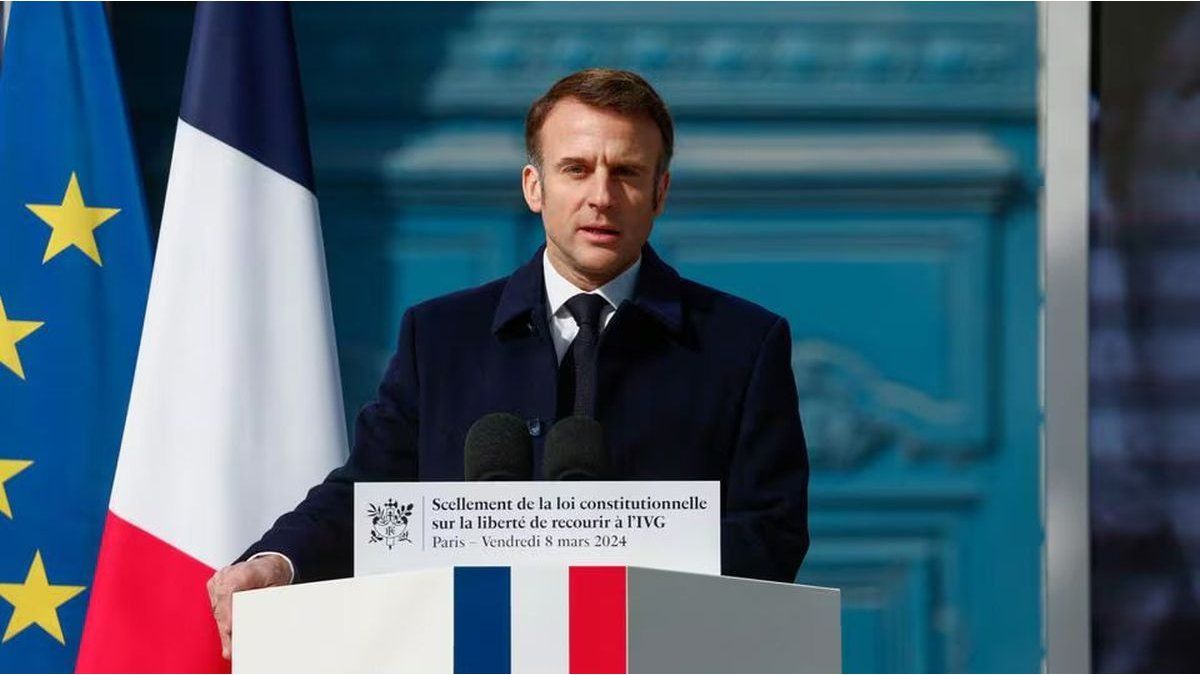Allegations and warning strike threats – after a short first round, the collective bargaining dispute at Deutsche Bahn is escalating. The EVG union sets conditions so that they can even sit down at the negotiating table again.
In the Deutsche Bahn collective bargaining dispute, warning strikes are becoming more likely after an unsuccessful first round. Human resources director Martin Seiler went on Tuesday against the demands of the railway and transport union (EVG) without an offer in the negotiations for the around 180,000 employees of the group in Fulda. The talks were then interrupted after just two hours – and the tone of voice between the parties sharpened significantly.
EVG negotiator Kristian Loroch then made it clear that the union only wanted to resume talks if the employer made an offer. “We want to talk with substance,” Loroch said in an online press conference. “Obviously the company has no interest whatsoever in reaching a deal at the negotiating table, but is deliberately provoking a labor dispute.” EVG negotiator Cosima Ingenschay added: “We sit down as soon as an offer is made.”
“Very complex collective bargaining round”
Bahn HR Director Seiler described the interruption of the negotiations as “completely unnecessary”. “The EVG demanded that we submit an offer without discussing the content – and from our point of view that is currently not possible.” There is a “massive package” with 57 demands on the table, “we first have to define the framework, prioritize and then get into the details.” One was irritated that the EVG was not prepared to talk about content, but “insisted on an offer as a prerequisite”. Even before the start, Seiler had made it clear that they were preparing for a “very complex collective bargaining round”.
Among other things, the union is demanding at least 650 euros more per month for the employees in the collective bargaining round. According to their own statements, the union wants to achieve an increase of twelve percent in the higher wages. The EVG demands 325 euros more per month for junior staff. The term should be twelve months. In addition to Deutsche Bahn, the union will also be negotiating for 50 other companies in the industry in the coming weeks, each entering the talks with the same demands.
You don’t ask for a comprehensive offer from the railways, but “we have to know what the employer’s idea is,” said Loroch. A negotiation date planned for April is now a “date option” for the union, said Ingenschay. “But we would like to negotiate further earlier.” “I think it’s memorable and culturally outdated to bring nothing in writing,” said Loroch.
At the start of the negotiations, around 150 employees supported the union’s demands at a protest rally in front of the conference hotel. They held up signs that read, “No delaying tactics, negotiate now. We are ready to fight!” Loroch said to the participants in the rally that the talks would demand “the appreciation and respect in hard cash” that had been promised during Corona. The employer is therefore required to see an initial offer on the table.
Next talks on March 14th and 15th
Loroch also warned the railways not to use the travelers as a “plaything” against the employees and to drive them into warning strikes. Regarding the schedule, the trade unionist confirmed that after the first talks with the other 50 companies, which are expected to last until the end of March, the first actions are possible. “Our credo is a joint round,” said Loroch, “everybody should have the chance to talk to us, and then we will either take appropriate measures or not.”
Bahn Human Resources Director Seiler rejected the EVG’s representation that the Bahn was heading for warning strikes with its negotiating tactics. There is no question who is responsible for the escalation. The EVG is now expected to enter into the negotiations “seriously” during the next talks on March 14th and 15th. According to the EVG, the official second round of negotiations is scheduled for April.
Seiler had already dampened expectations for the collective bargaining round. “These wage negotiations are taking place in a special situation,” said the HR director. “We have a devastating war in the middle of Europe, we are in a post-corona phase, we have high inflation and enormous energy prices.” The company wants to recognize the achievements of the employees. “But we also have to keep an eye on the sustainability of Deutsche Bahn with the large investments, not only in personnel, but also in vehicles, in infrastructure.” On Tuesday, Seiler put the total volume of EVG claims at 25 percent – that would correspond to around 2.5 billion euros per year, said the HR director.
Source: Stern




